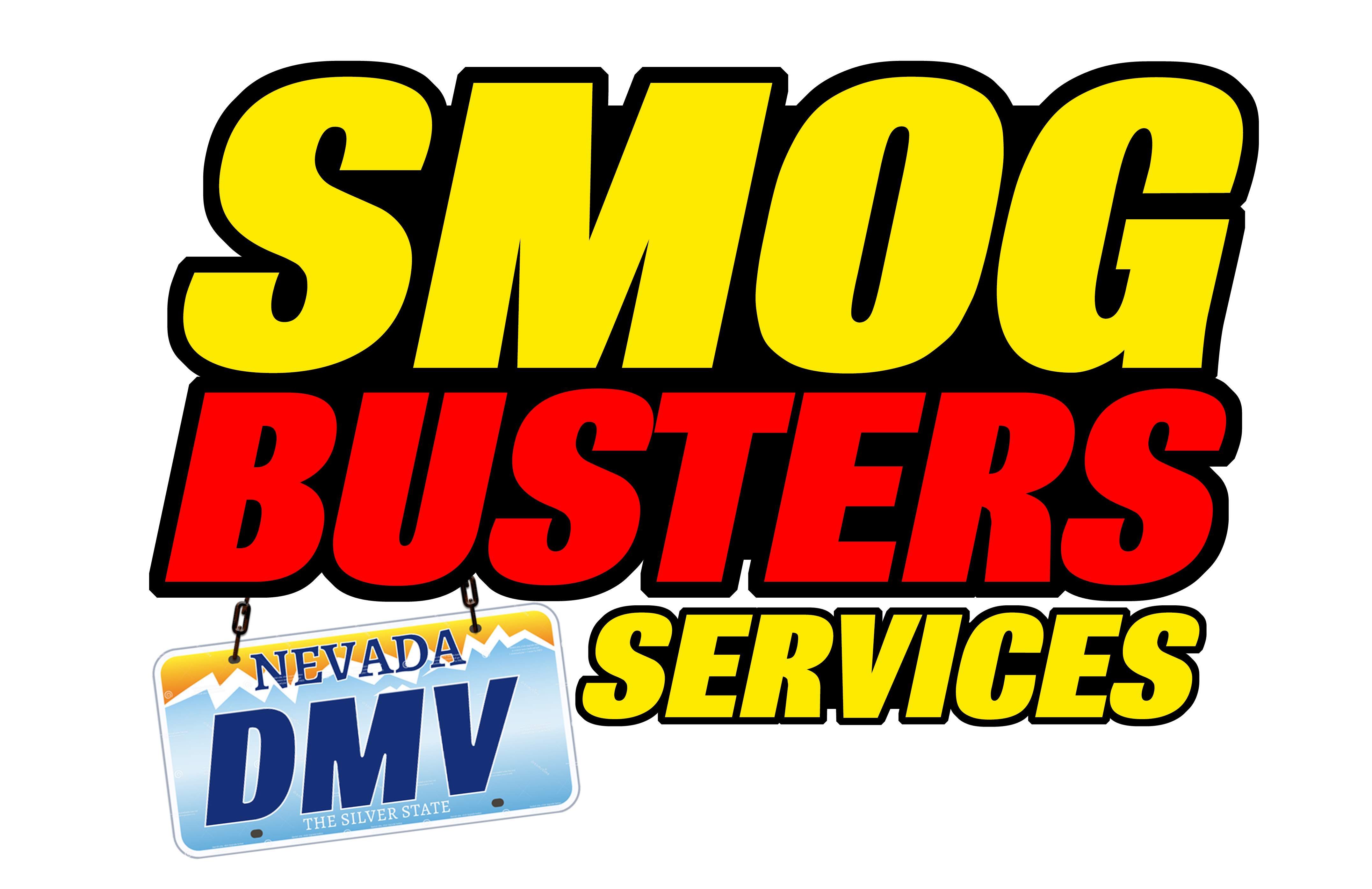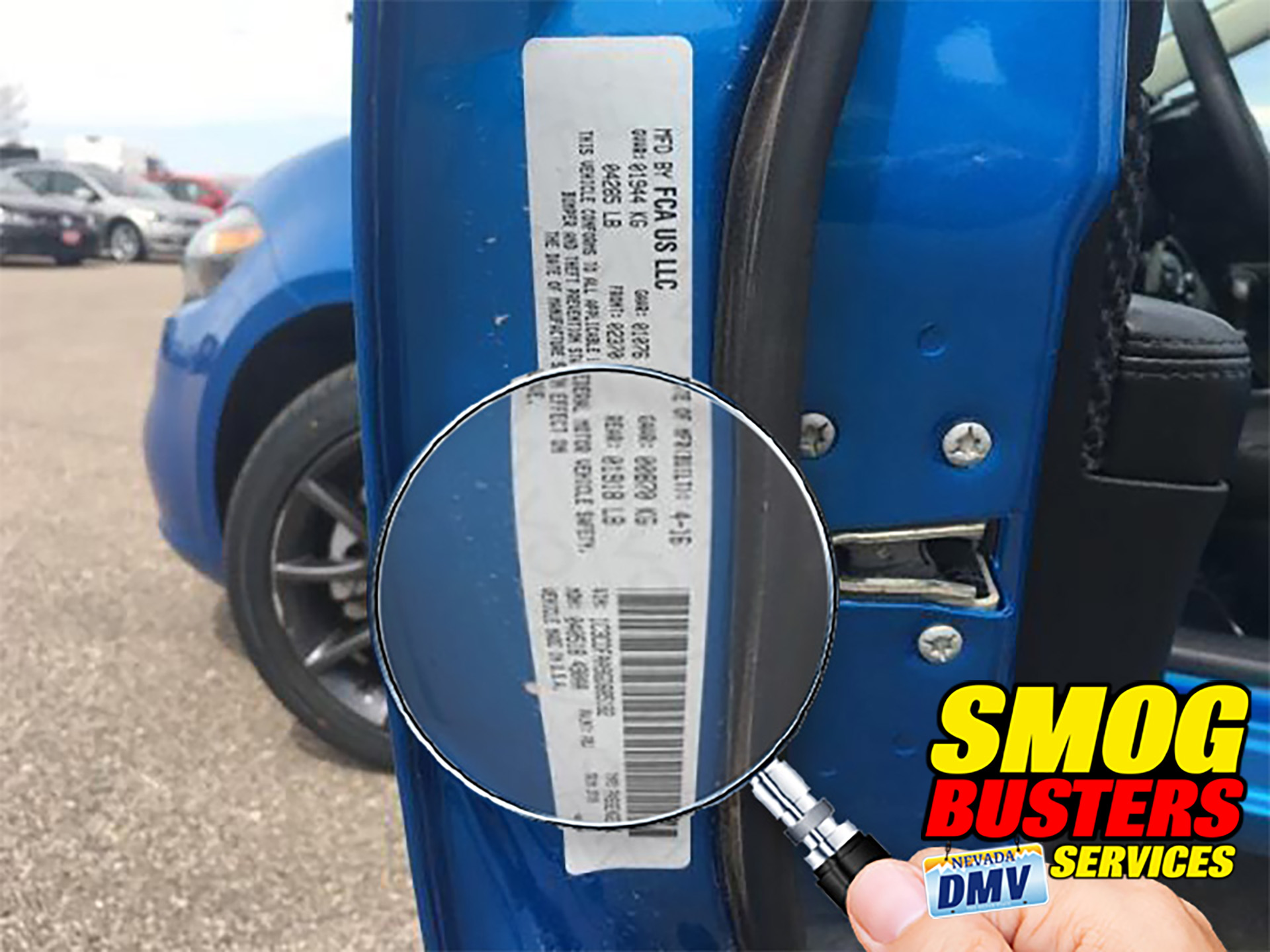Nevada Vin Inspection: Ensuring Vehicle Safety and Compliance
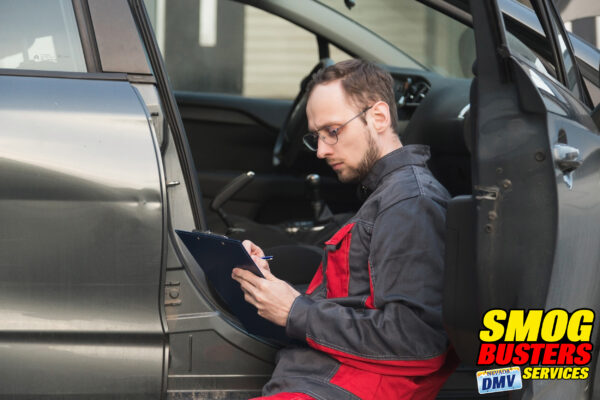
Introduction

When it comes to purchasing a used vehicle in Nevada, there’s a crucial step you shouldn’t skip – the VIN (Vehicle Identification Number) inspection. This process is more than just a formality; it’s a vital part of ensuring the safety and compliance of the vehicle you intend to buy or sell..
In this article, we will dive deep into the world of Nevada VIN inspections, covering everything from their importance to the steps involved and frequently asked questions
What is a Nevada VIN Inspection?
Understanding the Basics
A VIN inspection is a thorough examination of a vehicle’s identification number to verify its legitimacy and accuracy. This 17-character code, unique to each vehicle, provides essential information about its make, model, year, and manufacturing location. The inspection aims to confirm that the VIN hasn’t been tampered with or altered in any way, ensuring the vehicle’s identity matches its documentation.
Why is it Important?
Ensuring Vehicle Safety
Vehicle safety is a top priority, and a VIN inspection plays a crucial role in achieving it. By confirming the authenticity of the VIN, authorities can track the history of the vehicle, identifying if it has been stolen or involved in any criminal activities.
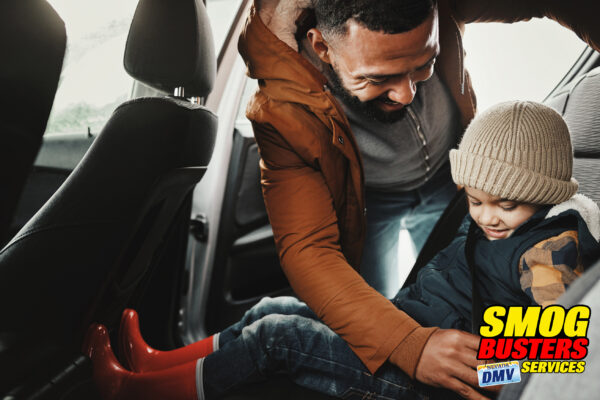
This ensures that you, as a potential buyer or seller, aren’t inadvertently involved in illegal activities.
Regulatory Compliance
In Nevada, a VIN inspection is often required to meet regulatory standards. When transferring ownership, registering an out-of-state vehicle, or even repossessing a car, a VIN inspection is necessary to ensure compliance with state laws and regulations.
How to Get a VIN Inspection
Visit a Licensed Facility
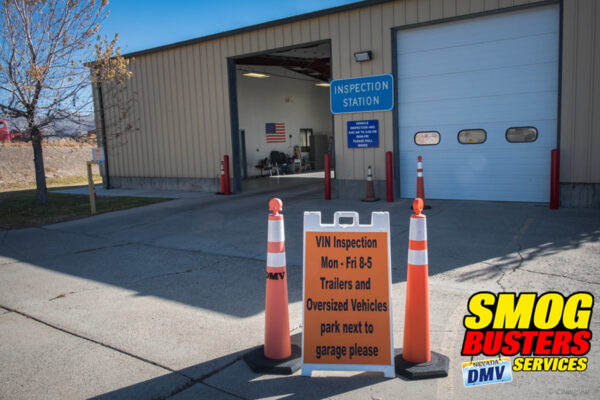
To obtain a Nevada VIN inspection, you have the option of visiting a licensed facility authorized by the Nevada Department of Motor Vehicles (DMV) or a Smog Busters location, where our experts can assist in facilitating the inspection process. Our experts can guide you through this process.
Required Documents
Make sure to bring the necessary documents, including proof of ownership, vehicle registration, and identification. Without these, the inspection cannot proceed.
Nevada Vin Inspection Process
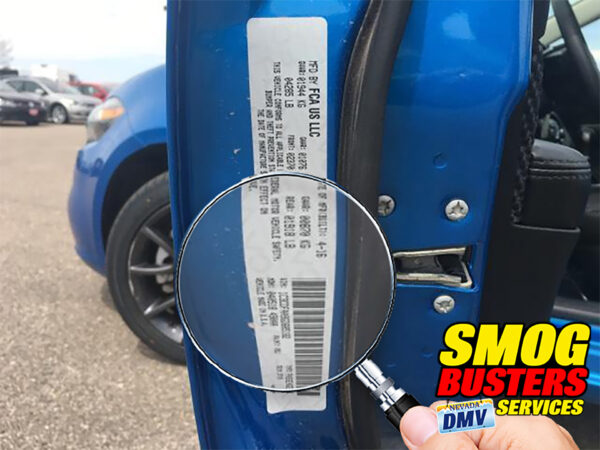
First, during the inspection, a trained technician will examine the VIN on the vehicle’s dashboard, door frame, and other possible locations. They will compare it with the documents provided to ensure consistency.
Pass or Fail
If the inspection confirms the legitimacy of the VIN and the vehicle complies with state regulations, it will pass. However, if discrepancies or issues arise, further steps may be required.
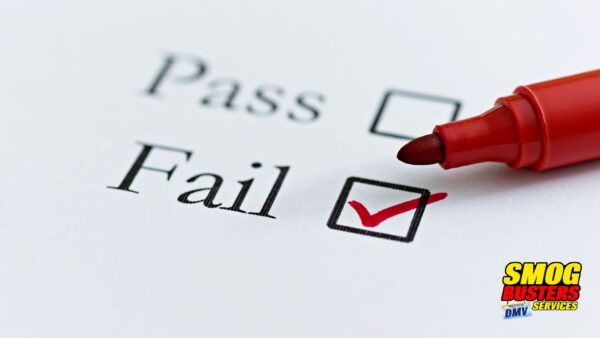
Common FAQs
1. Is a VIN inspection required for all vehicles in Nevada?
- No, a VIN inspection is typically required for out-of-state vehicles, salvage titles, and specific ownership transfers. It’s essential to check with the DMV to determine if your situation requires an inspection.
2. How much does a VIN inspection cost?
- Generally, the cost of a VIN inspection varies but is usually reasonable. Prices may differ depending on the inspection facility and the type of inspection needed.
3. Can I get a VIN inspection done at any DMV office?
- No, VIN inspections are typically conducted at authorized third-party facilities. You can find a list of these facilities on the DMV website.
4. What happens if my vehicle fails the VIN inspection?
- If your vehicle fails the inspection, the technician will provide guidance on the necessary steps to rectify the issues. This may involve repairs or additional documentation.
5. Is a VIN inspection the same as a safety inspection?
- No, a VIN inspection focuses on verifying the vehicle’s identity and compliance with state regulations. Therefore, safety inspection, on the other hand, assesses the vehicle’s roadworthiness.
Conclusion
A Nevada VIN inspection is a critical step in ensuring the safety and compliance of vehicles within the state. It helps prevent fraudulent activities, guarantees regulatory compliance, and ultimately provides peace of mind for buyers and sellers alike. To conclude, before you make that used vehicle purchase or sale, make sure you get your VIN inspection done.
